There are plenty of music competitions out there — American Idol, The Voice, and The X-Factor, to name just three. However, there’s one that stands head and shoulders above the rest: Eurovision. This isn’t just one of the world’s biggest singing competitions.
It’s one of the biggest events in the world, attracting hundreds of millions of viewers each year. Indeed, it’s an event that transcends music. People can — and do — host Eurovision parties, use a free bet offer from oddschecker to back their favorite entrants for victory, and dream of one day attending the event in person. The competition is a phenomenon that extends beyond Europe.
In this article, we’ll run through the history of Eurovision and take a look at how it took over the world.
The Early Days
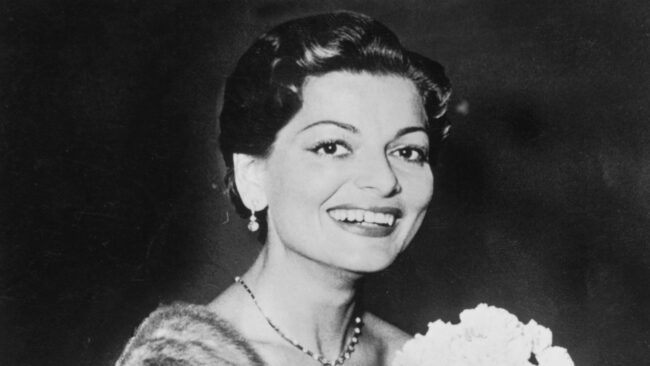
Eurovision is an old competition. The very first event took place in Switzerland back in 1956, but the roots of the festival stretch even further back, to the Festival di Sanremo, an Italian singing competition. Back then, no one at the European Broadcasting Union (the network that brought it to life) could have predicted that it would still be going strong some sixty-six years later, but that’s just where we are.
Expansion
You wouldn’t see many similarities between the first Eurovision competition and the shows today. The first one was largely a radio show with a few camera shots there to capture the action. But the first event proved to be popular enough to return, and over the years, it began to grow bigger and bigger.
Today, there are more than forty countries that compete in the event. Most don’t make it to the final rounds (26 countries compete on the night), but fans tend to enjoy the show even if their country didn’t make it to the screen.
Famous Faces
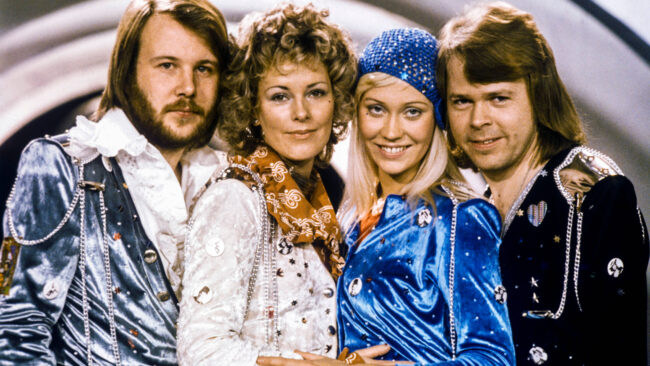
A celebrity touch will always help an event grab attention. And that’s just what happened with Eurovision. There have been a host of famous faces who have performed at the competition. In the past, some big names represented their country (or, in some cases, other countries), including ABBA, who won the competition in 1974 with ‘Waterloo.’ Celine Dion, Lulu, and Bucks Fizz are some famous (at least at the time) faces that have performed at Eurovision in the past.
It’s unlikely that you’d see Harry Styles or other big names of today performing at Eurovision, but that wasn’t always the case.
High Viewing Figures
You can put on a great show, but if there’s no one tuning in to watch it, then you can’t call it a success. But this is certainly not a problem that Eurovision has. It has a huge global audience, with some 161 million viewers tuning in to watch the 2024 edition of the competition. That makes it the most-watched event of the year, and it’s likely that only the World Cup final will attract more viewers.
And when we say that Eurovision took over the world, we really mean it. The 160 million people that watched the finals come from all over of the globe.
Beyond Europe
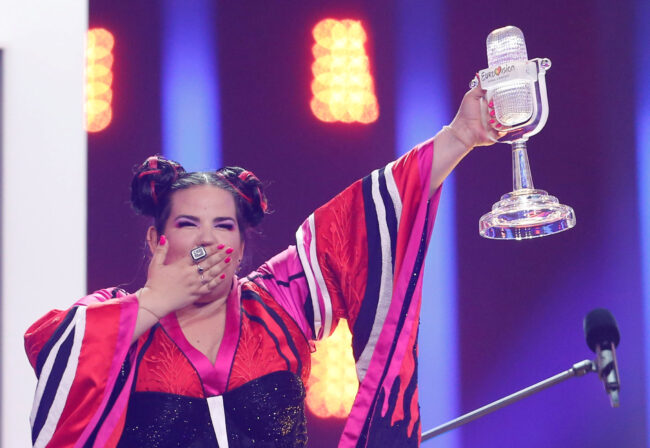
It’s called the Eurovision contest, sure, but that’s not really strictly true and hasn’t been for some time. The competition may have begun its life in Europe and is still pretty Europe-heavy, but there are plenty of other nations that compete in the competition.
For instance, Israel, Cyprus, and Australia are all now permanent additions to the competition, despite being from outside Europe. It’s also open to a host of countries that span two continents — for instance, though Turkey is largely in Asia, part of the country is in Europe, and that makes it eligible for the competition.
It Offers Something Nothing Else Does
There is nothing like Eurovision. Many singing competitions are broadly the same as one another, but there’s not a single thing out there that’s like Eurovision. It’s pure entertainment from beginning to end. For one thing, the songs are wildly different — and some of them are hilariously awful, too.
It’s not just about the songs, either. The production of the entire show is something extremely special — it’s a theatre show and singing competition all wrapped up in one highly palatable package. People will always be drawn to shows that offer pure spectacle, and that’s just what Eurovision offers in spades.
It’s Inclusive
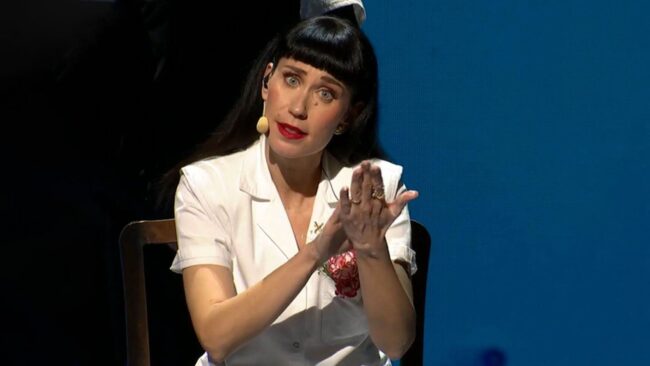
There’s a lot of hate in the world. But you won’t find it at Eurovision. Some singing competitions became famous because of how cruel the judges were to contestants. Eurovision is not like that. It welcomes all people regardless of gender, race, culture, or faith. This helps to make it a champion of the type of world that many of us would like to live in.
The Rules Are Engaging
It’s also really a competition. There are rules that you have to follow. For instance, songs cannot be longer than three minutes. You can have no more than six people on stage per performance (though this rule is changing). And the voting system is great too — everyone gets to vote for their favorite, which can make things both exciting and infuriating.
It Makes For a Fun Party
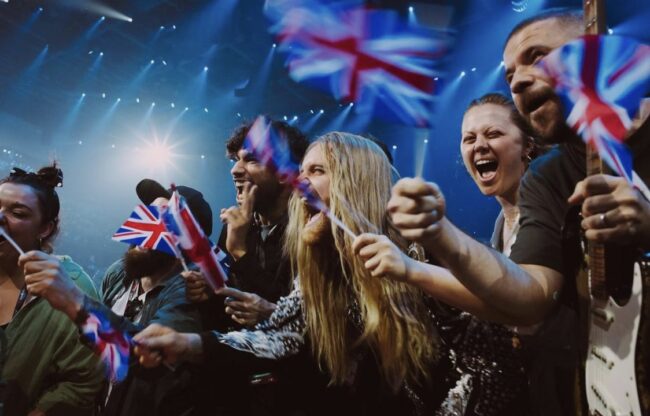
Perhaps one of the main reasons why Eurovision is so popular is because it can provide a lot of fun to viewers, even if they’re just watching from home. Fans of the competition often host Eurovision Parties, which is just what it sounds like. They invite their friends around, order food, make drinks, and embrace all the fun of the competition. It goes far beyond the fun that you would get from American Idol or a similar show.
Conclusion
Eurovision may be some sixty-six years old, but it’s certainly still going strong. Indeed, it’s bigger than ever. Not only is it viewed by more people than ever before, but it is also attracting a more loyal type of viewer. People who enjoy Eurovision really enjoy the competition. With a loyal fan base and plenty of casual viewers, it seems likely that we’ll still be enjoying Eurovision in another sixty-six years.
